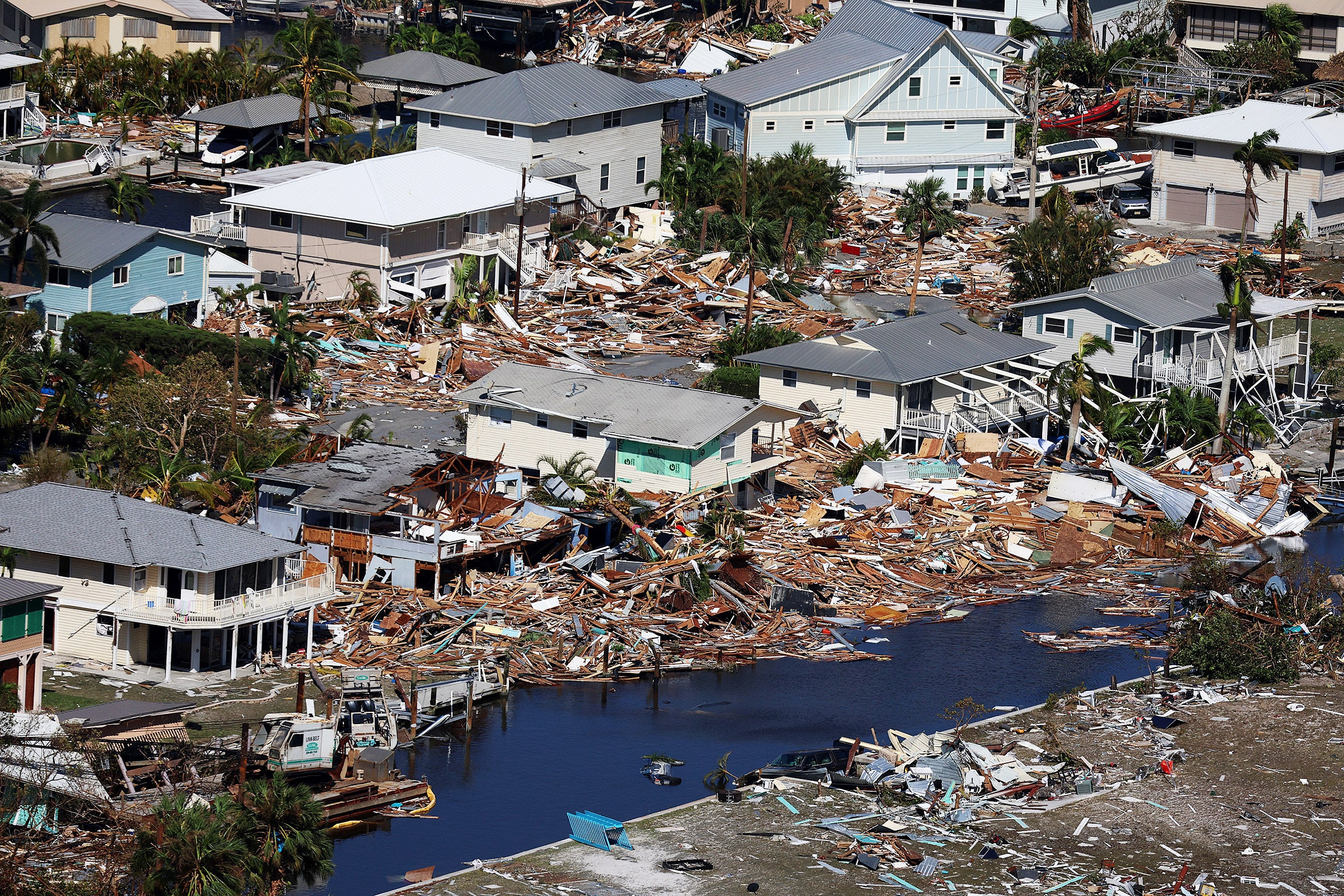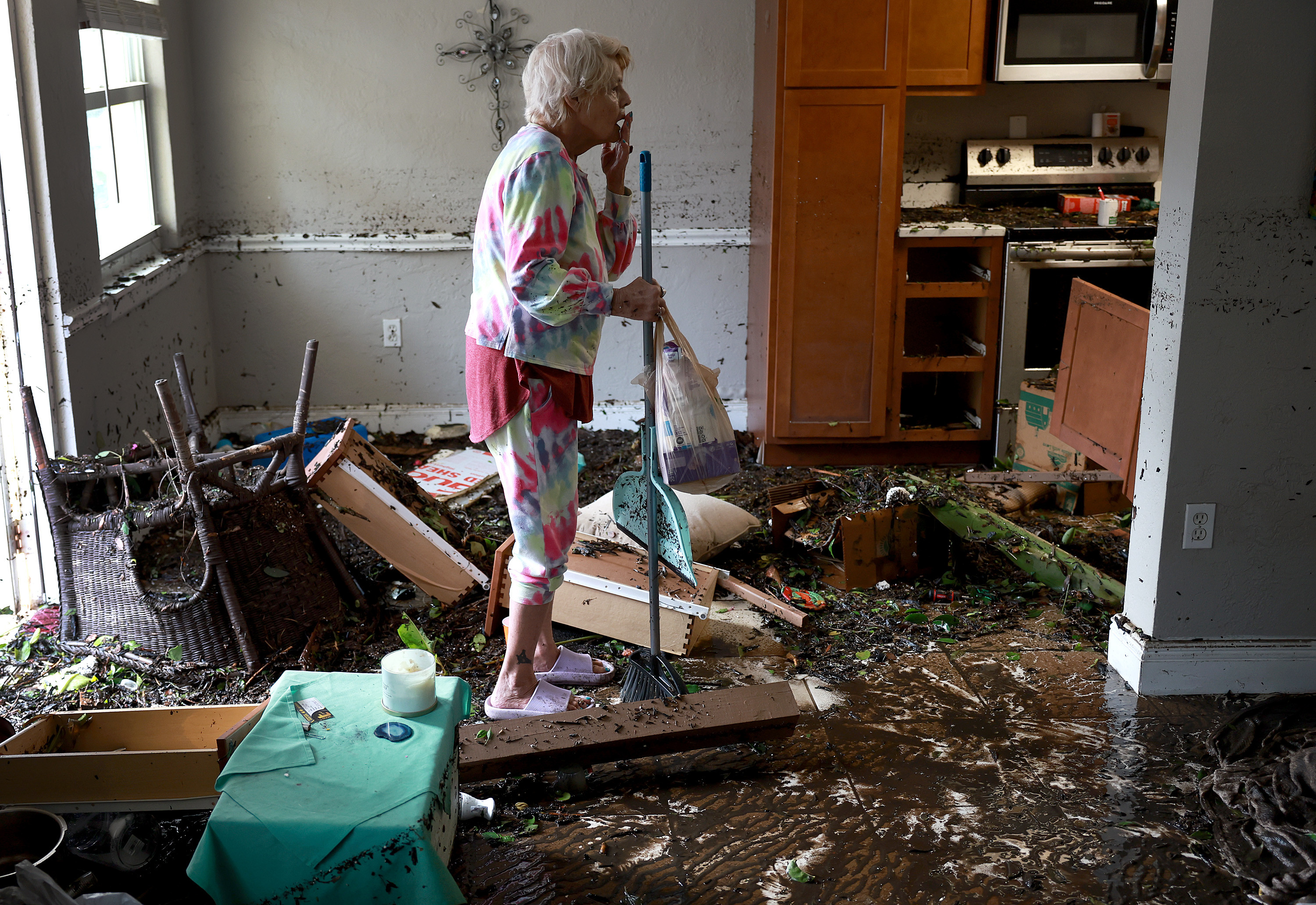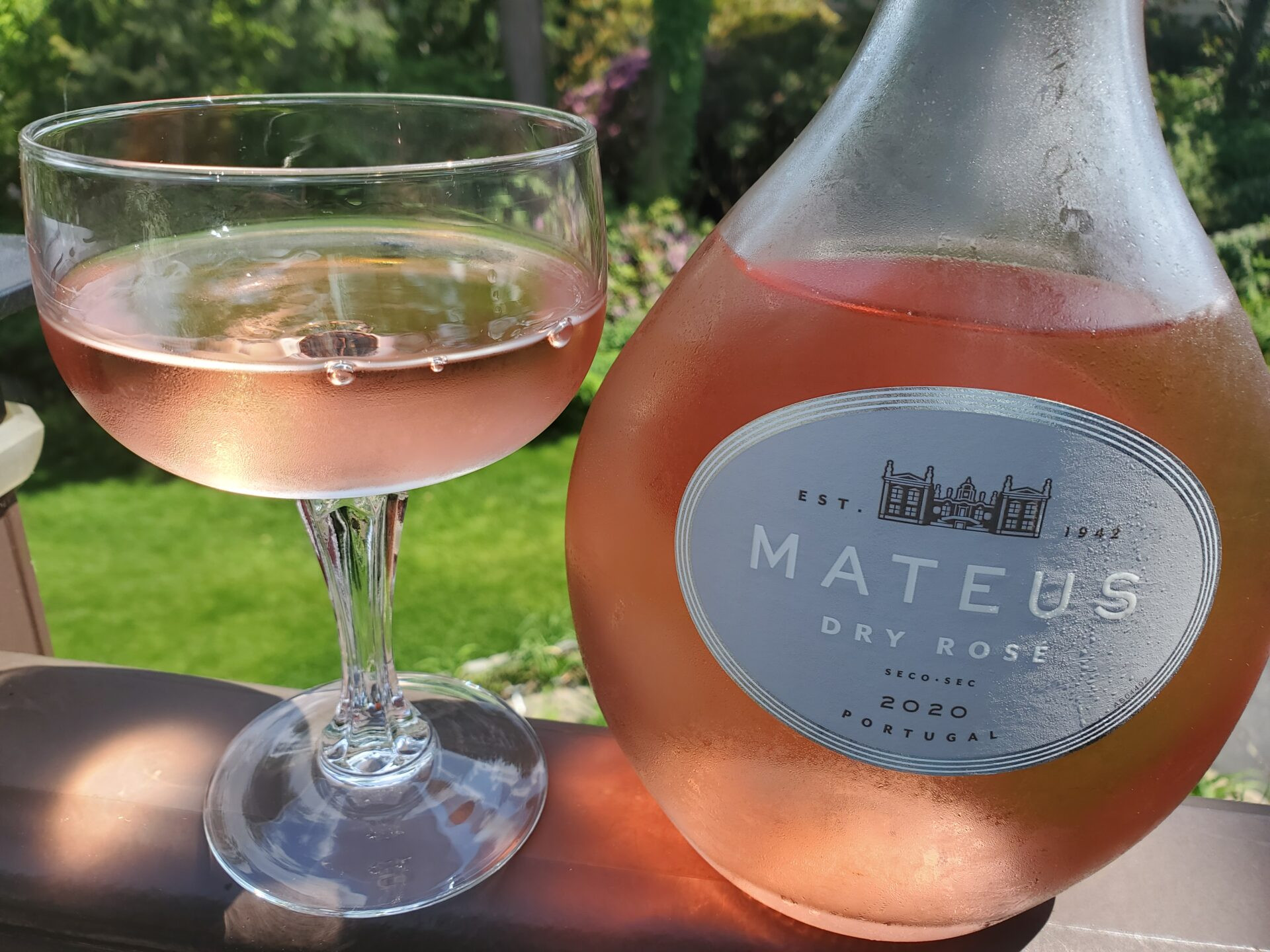AFTER two months of aid and restoration efforts and millions of dollars dispensed to help Jamaicans recover from Hurricane Beryl, some residents of the hard-hit Portland Cottage community in south Clarendon say the best of the supplies and cash ended up in the bosoms of “the greedy and not the needy”.
“Yuh see di greedy? A dem get it, not the needy,” said one resident, who told the Jamaica Observer that her unfortunate situation before the July 3 storm swiped sections of the island is even worse now.
“It hard! Right now mi not even have everything for my child for back to school. Mi neva have no money before the storm, and after di storm mi wosser,” she confided.
The woman, who was one of several parents completing registration activities for their children at Portland Cottage Primary School, said her dwelling had been damaged during the storm. When asked whether she had received assistance for repairs, she said, “No sah, wi nuh see no help yet.”
When asked how they had managed to miss the assistance rendered by the Ministry of Labour and Social Security and their Member of Parliament Pearnel Charles Jr, one woman broke her silence to declare vehemently: “Him, Miss? Him? Pick waah nedda name. Mi see him over ya two time wid him two long hand; one time him come by himself and another time him come with di prime minster — and none a dem don’t come with not even a water. Dem [labour ministry officials] come and tek name, but a nuh everybody name dem tek up.”
“Yuh haffi a work wid dem side,” one parent alleged, adding, “Him come inna him vehicle. Betta mi choose God than the two a dem right now.”
“Everything inna my yard a drown. Yuh see all the road? every wata weh run off it is inna my yard it reach. Wi nuh get nutten. Dem drive round and mi hear seh list a go round fi name, and all now nobody nuh pop up to wi. Dem seh dem did a go write dung name but it look like a special people dem a look for ’cause mi nuh see none a dem,” the parent said.
Another parent said: “People with slab top [roof] a get money and dem nuh need it; a sufferation. If I ever get piece a land, a grab up di two pickney dem an leff right now. Dem nuh bear it in mind seh people nuh hav nowhere betta fi go.”
The group, in further pouring out their disappointment, said they also felt shafted with the food distribution efforts.
“When dem a gi out food yuh haffi stand up a look. Who need help don’t get none, and who get help, dem don’t need it — dem have it already and nutten nuh do dem. And like all me, who need it, mi don’t get nutten at all,” a female resident said.
She alleged that she received a bag with food on only one occasion and was told to share the contents.
“A two pound a rice in deh; two tin a mackerel; one toilet paper; three candle; one likkle, teeny bottle a oil; and a one-pound parcel a sugar,” she said.
According to the parent, her dignity was insulted by the distribution process.
“Him tek out bag gimme and den seh mi fi go stand up so dem can tek picture. An’ mi seh, ‘People inna disaster and oonuh waan tek picture?’ Mi seh, ‘Mi nuh badda want no food ’cause [this is] a disaster. Yuh fi come come help wi [but instead] yuh come a tek picture,’ ” she declared.
“Food come up yah suh but wi nuh get no food; one whole heap a wi and about hundred name. Yuh know how long wi deh yah and inna di evening wi leff…dat about the 20 something a July. Everywhere weh wi go, a name a call and a di same set a people dem. The people dem weh live inna wall house [concrete] a collect money and we live inna board house; a nuh fi needy people, a fi greedy people,” the parent said.
The Impact on Women-Led Households
The notion that climate change disproportionately affects society's most vulnerable, is becoming more apparent in women-led households in Jamaica. As they navigate natural disasters and extreme weather, they also face the burden of protecting their livelihoods and children from its growing impacts.
According to an article by the United Nations on climate change, women, who make up the majority of the world's poor, often bear greater risks and heavier burdens from climate change’s effects, especially in poverty-stricken situations.
The passage of hurricane Beryl, for instance, in early July, was a reminder of how women often have to step up to the plate to ensure their homes, families, and livelihoods are protected- some playing roles traditionally attributed to men.
Miranda Chambers* of a Clarendon address shared that Beryl took a lot of preparation on her part. “Preparing for the hurricane required a well-thought-out plan,” she said, “[I had] to condition my mind, and facing reality was not easy,” she said.
Chambers, 37, a single mother of two, not only cares for her children but also her elderly father, who lives with them. She expressed that one of her biggest worries during the passage of Beryl was their lack of proper insurance, due to her financial limitations.
She also said she had little faith in their small house, noting that it was also not insured. “When we reviewed the insurance none of us had adequate coverage, but we learned to trust in God. The only male figures in the house are my son and my father…but he [her father] cannot do much as he’s elderly,” she said.
Chambers said they also struggled through the hurricane because they lacked some essential resources. “We didn't have any cooking gas at the moment so we had to use coal…I couldn't draw any cash either because I was not being paid at the time. There was no money, but we tried to stock up on the little supplies we could” she said.
The Burden of Single Motherhood
Gender Studies professor at the University of the West Indies, Mona campus, Isaac Dery, commented that one observation he has made since moving to Jamaica from Ghana is that there seems to be a prevalence of female-led households in Jamaica.
He attributes this to various social and cultural constructs, noting that households of this type when facing the effects of climate change, can experience not only physical health challenges but also emotional and mental stress.
“If you are emotionally stressed that can affect your health. Single mothers have children looking up to them to provide. Once they start thinking about their inability to meet certain demands, it can also start to complicate their mental health,” he said.
Emphasising how women are further impacted by climate change, an article by Wim Wonza, writing for the Atlantic Council, shares that the Caribbean is one of the world's most vulnerable regions, facing hurricanes, intense tropical storms, and shifting precipitation patterns. It states that these have a particularly severe impact on the lives and opportunities of women and girls.
This, Wonza attributes to factors such as homes and traditional support systems being disrupted, stating that it is harder for women to access essential services like food, relief supplies, and latrines due to various structural and social barriers, especially with the prevalence of natural disasters.
This describes the living situation of a single mother of two girls, 35-year-old Kelly Witter*, who also shared the challenges she faced during the passage of Hurricane Beryl. “ It started to rain heavy so we went to the church in the community and spent the night there because the wind get heavy too,” she said
Witter shared that she felt unsafe to stay at home, as she did not trust the structure of her Clarendon home and described feelings of anxiety. “Being that it's just me and them, I didn't want to stay here and anything happen to them. I knew anything could go wrong, 'cause it was getting worse than expected and I was afraid to be running in the night when the current was gone and all of that” she said.
However, the climate-related challenges Witter faces do not end with hurricanes. She also said the heat this summer has been unbearable for herself and her girls.
“There are a lot of challenges being three females alone, even the heat this summer, it is very hot,” she said. “I had to go and get a fan about two months ago, and that's the fan the three of us have to use right now to keep down some of the heat,” she lamented, noting that the purchase of her fan was a stretch for her already slim budget, but said she had to make the sacrifice.
The Impact on Female Farmers
Another side of the spectrum is that many women in Jamaica depend on small-scale farming, tourism, and informal employment, all heavily affected by climate events like droughts or floods.
This is the case of 33-year-old Clover Hanson*, a single mother of three who resides in a small farming community in Manchester. Her experience over the past few months, she says, has been heartbreaking, as she grapples with harsh climatic conditions and the need to ensure her children are ready for back to school.
“The other day I planted some Irish and the heat completely burnt them up. I got nothing out of that crop and I spent so much money on it…I maybe only made like two thousand dollars” she lamented.
Beryl only made Hanson’s reality more difficult as the loss of income and damaged property directly threatened her ability to support her family, forcing her to find new income sources.
“Me nuh know how me nuh cry, me almost dead to tell you the truth,” she said, “cause the storm come after I spent all that money on the crops, and after it, I mean nothing. My kids would normally be ready for school but with all that happened, I’m just confused and I had to start begging things for them.”
Hanson shared that she is so traumatized by the destruction to her small farm, that she has lost the will to plant new crops, fearful of reliving her nightmare. “At one point I just gave up. To this day I have not planted anything more because of the big loss. It’s discouraging, especially now” she said.
Finding Solutions For a Resilient Future
For the sad stories of some female breadwinners’ experiences with climate change in Jamaica, Professor Dery believes addressing these issues and getting women the help they need will require a well-thought-out plan.
“The impact of climate change is not gonna be felt for everyone the same way across the spectrum,” he said, “we need to think about that in any policy intervention…that way, we would not take a generalized approach, but give a well-tailored plan that may benefit each type of woman that is affected,” he said.
This story was published with the support of the Caribbean Climate Justice Journalism Fellowship, which is a joint venture of Climate Tracker and Open Society Foundations.
Disclaimer: The names of the women mentioned in this article have been changed to protect their privacy and safety.
BY DELISA MCLEAN
This article was originally published on https://apnews.com/article/hurricane-beryl-jamaica-farmers-climate-change-2315b94d2e494186829991c3287b7b55


















